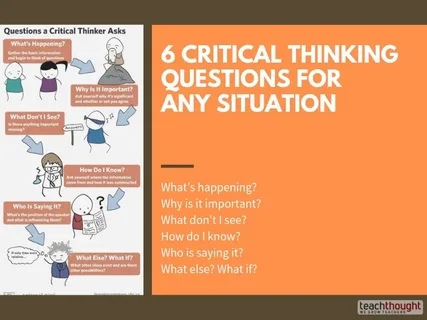20 Critical Questions Every Voter Should Ask Before Election Day
Election Day is a crucial moment for any democracy. Casting an informed vote is not just a right; it’s a responsibility that impacts local, national, and global decisions. Yet, many voters go to the polls without asking the critical questions that could guide their choices

1. What Are the Key Issues in This Election?
Identify the major topics shaping the election, such as healthcare, education, climate change, or economic reform. For example, in 2024, debates over inflation and renewable energy have taken center stage globally.
2. What Is the Candidate’s Track Record?
Examine the candidate’s past decisions and policies. For instance, does a mayoral candidate have a history of improving public infrastructure? Websites like Vote Smart provide nonpartisan information about candidates' voting records.
3. What Are Their Policy Proposals?
Look for detailed policy plans. For example, if a candidate promises better education, ask: What specific steps will they take? Will funding come from higher taxes or reallocating budgets?
4. Who Are Their Key Donors?
A candidate’s funding sources often influence their priorities. Use resources like OpenSecrets.org to find out if they are backed by grassroots organizations, corporations, or political action committees.
5. How Do They Address Issues That Matter to Me?
Assess whether their policies align with your values and priorities. For example, if you’re passionate about climate change, investigate their stance on renewable energy and carbon reduction.
6. Are Their Promises Realistic?
Evaluate the feasibility of their promises. For example, a promise to eliminate student debt may sound appealing, but does the candidate provide a realistic plan for funding it?
7. How Transparent Are They?
Transparency is key to accountability. Review how open the candidate is about their finances, voting record, and policy-making process.
8. What Is Their Leadership Style?
Leadership matters in crisis situations. For example, during the COVID-19 pandemic, leaders with clear communication and decisive actions were more effective in managing the crisis.
9. How Do They Handle Controversies?
Analyze their response to scandals or criticism. A candidate who accepts responsibility and provides solutions shows integrity, while one who deflects blame may raise red flags.
10. Do They Engage With the Community?
Engagement signals a candidate’s commitment to serving the people. Attend town halls or watch recordings to see how they interact with constituents.
11. What Is Their Vision for the Future?
Beyond immediate issues, assess their long-term goals. For instance, do they have a plan for sustainable economic growth or addressing demographic shifts?
12. How Do They Plan to Work With Others?
In a divided political climate, collaboration is crucial. Research their history of bipartisan efforts or working across ideological divides.
13. Are They Prioritizing Local Issues?
In local elections, focus on community-specific concerns like zoning laws or public transportation. For example, a city council candidate should have clear plans to address local housing shortages.
14. What Is Their Approach to Social Justice?
Evaluate their stance on equity, diversity, and inclusion. Check their voting record or statements on issues like criminal justice reform and gender equality.
15. How Do They Address Economic Inequality?
Economic disparity is a pressing issue globally. Investigate their proposals for taxation, wage policies, and social welfare programs.
16. What Is Their Stance on Global Issues?
National leaders often influence international relations. For instance, how do they plan to address global challenges like climate change or trade policies?
17. Do They Support Science and Evidence-Based Policies?
Leaders who prioritize research and data-driven policies are better equipped to tackle complex problems. Look for their stance on funding scientific research or addressing public health crises.
18. How Do They Treat the Media?
A candidate’s relationship with the press can reveal their attitude toward accountability. Avoid candidates who dismiss legitimate criticism as "fake news."
19. Are They Advocating for Voting Rights?
Support for fair and accessible elections is fundamental to democracy. Research their stance on voter ID laws, redistricting, and election security.
20. What Do Their Critics Say?
Finally, review opposing perspectives. Criticism can reveal potential blind spots or flaws in their policies. Balance this with independent fact-checking.
What's Your Reaction?



















